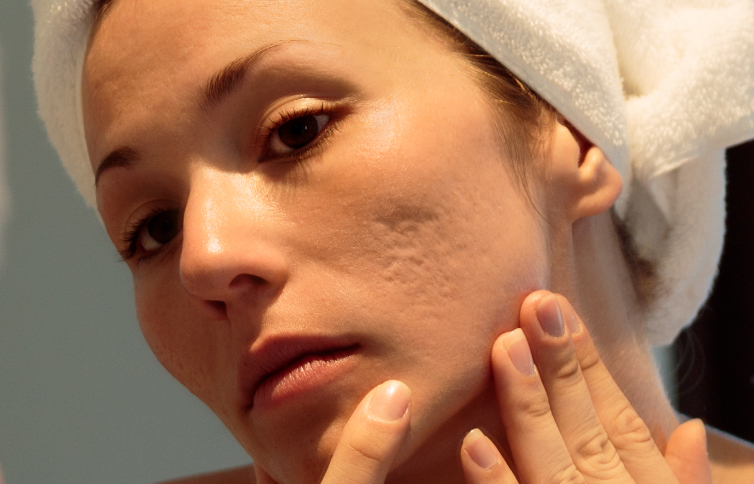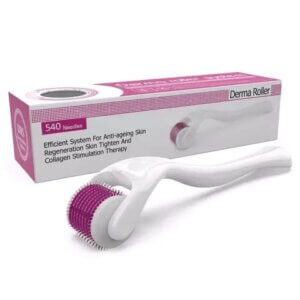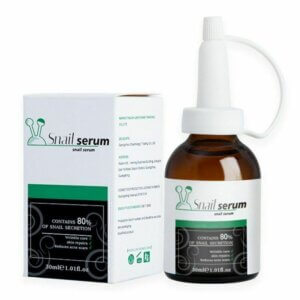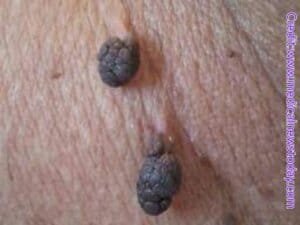Salicylic acid, a beta hydroxy acid, is well known for eradicating acne scars by exfoliating the skin and maintaining clear pores, according to the U.S. Food and Drug Administration (FDA). According to Rachel Nazarain, it also lessens the irritability and redness brought on by pimples that are painful and red. Salicylic acid helps to exfoliate dead skin cells in addition to clearing clogged pores. Because dead skin cells can lead to the appearance of acne and other skin issues, this is crucial. It can help to keep your skin looking and feeling its best by eliminating dead skin cells.
It has been around for a while and is frequently found in skin care products used to treat acne due to its anti-inflammatory and antibacterial characteristics. Between 0.5 and 2 percent of it can be found in serums, cleansers, and spot treatments for acne.
In dermatological facilities, salicylic acid is also applied as a peeling agent in higher concentrations to treat age spots, sun damage, acne scars, and acne. Despite this, dark skin that is prone to pigmentation may still use it without risk.
Salicylic acid is a component in both prescription-strength medications as well as a number of over-the-counter (OTC) remedies.
How does salicylic acid for acne scars work?
Blackheads, whiteheads, or pimples frequently develop when your pores become clogged with dead skin cells and oil. After healing, the production of too much or too little collagen allows for the appearance of scars.
The dead skin cells obstructing your pores are removed by the skin-penetrating action of salicylic acid. In order to more easily remove dead skin cells from pores, it achieves this by destroying the connections holding them together as well as lipids like sebum. Additionally, it lessens the skin’s production of sebum, which prevents breakouts.
How long does it take?
Salicylic acid may need to be used for a few weeks before results are noticeable. Additionally, it might irritate or dry you out. If you have sensitive skin, you might need to use the cream less frequently or try spot treatment.
You might need to use it for a few weeks before you notice its full impact. If you aren’t seeing improvements after 6 weeks, consult a dermatologist.
Are there any negative effects of salicylic acid?
Salicylic acid is generally thought to be harmless, however it can initially irritate the skin. Additionally, it might remove too much oil, leaving you feeling dry and possibly irritated.
Possible negative effects include
- skin that is itching or tingling.
- itching
- skin shedding
- Hives
- minor irritation
- Dryness
Try these 4 best products that contain salicylic acid.
Neutrogena Oil-Free Acne Wash
La Roche-Posay Effaclar Astringent
CeraVe Face Wash Acne Treatment
St. Ives Acne Control Tea Tree Cleanser
Alternatives To Salicylic Acid For Acne Scars
1. The Snail Serum
This contains 80% of pure snail secretion. Snail mucin contains elastin, collagen, and peptides. This serum also contains a good amount of collagen and niacinamide which helps to repair the skin tissues. Using this serum twice daily can help to heal and fade out these scars.
Buy The Collagen Snail Serum at Here Skinol Cosmetics Online Store.
2. Microneedling Roller
This device is an array of 540 needles that penetrates the skin layers and increases blood flow to inactive tissues thus leading to fast healing of the scars.
According to this research, it was found that derma rolling helps remove even burn scars by increasing collagen production by up to 400%.
Using this device with a topical serum can help to quickly fade these scars.
Purchase the derma roller at Skinol Cosmetics Online Store Here.
Safety with salicylic acid
Salicylic acid is present in over-the-counter (OTC) products, but you should consult your doctor before using it. Things to be on the lookout for include,
- Allergies: A history of allergies to salicylic acid or other topical treatments should be disclosed to your doctor.
- Children: Children may be more susceptible to skin irritation when using: Before introducing your child to products containing it, consult a physician.
- Substance interactions: Salicylic acid and several medicines don’t get along. Tell your doctor about all of the medications you are taking right now.
- Pregnancy or nursing: Salicylic acid is regarded as safe at this time by the National Library of Medicine for women who are pregnant or nursing. However, if you are expecting or nursing, you should consult your doctor so that you can receive advice that is tailored to your needs, especially with regard to any other medications you may be taking or potential medical concerns you may have.
- Pre-existing conditions : Pre-existing conditions: You should also disclose to your doctor if you have any of the following illnesses: chicken pox, liver disease, kidney disease, and a few others, since they may affect their recommendation of salicylic acid.
Salicylic acid has a long history of usage in the treatment of acne, acne scars, and other conditions. Mild adverse effects including skin irritation or peeling are possible. People should stop using the product and call their doctor if they suffer more serious adverse effects.
We hope you enjoyed your read. If you did, please check out this post on how to fade acne scars – this will help you take informed decisions on the treatments and expected results.















